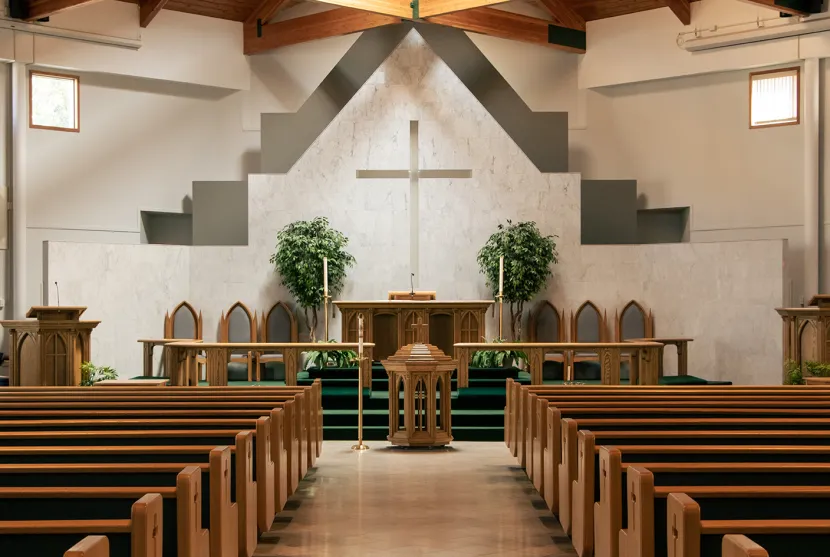
İsmail Kulakçıoğlu
There are two main ways in which Christians in Turkey are able to meet their need for corporate worship. The first is through individuals exercising their constitutional rights to establish places of worship; the second is as foundations or associations, as Non-Governmental Organizations (in short: NGOs). In neither of these cases, are churches recognized legally as “Religious Entities” and this in turn effects the way they are able to function within the framework of Turkish law. One of the fundamental principles of the Universal Declaration of Human Rights is equality. This lack of recognition of churches as legal “religious entities” (the status that a mosque has) leads to administrative problems in Turkish law. This results in a violation of Christians’ rights to be treated equally to other religious groups.
During the period of the Republic, apart from the few Congregational Foundations recognised by the Treaty of Lausanne, Christian churches were not able to identify themselves as Religious Entities, Any transactions that were carried out for churches had to be carried out in the name of individuals, rather than the Church itself. Official transactions for items such as electricity, water, land registry deeds, etc. were carried out through clergymen or individuals who were considered trustworthy by their church congregations. If a property belonging to the church was in the name of an individual, when that individual died, his/her family naturally became the legal heirs. In churches where, for varous reasons, there was no active congregation left at that time, and if there were no known or interested relatives of the deceased, the property went to the state or fell into the hands of cunning profiteering people. This was the only option until 2004.
Although the legal arrangements made after 2004 gave Christians, as well as other faiths, the legal right to exist as a “non-governmental organisation”, it does not allow churches to be recognized as, or have the same rights and status as a “Religious Institution”. When Christians, who cannot express themselves as Religious Institutions, are compared to Muslims we see some immediate differences:
a) They are not equal in society; because while Muslims have the right to organize as Religious Institutions under the Religious Affairs Administration, Christians do not have this right. They are viewed as secular institutions and as such do not have access to the same legal or economic advantages.
b) While Muslims have many mosques available to worship in, Christians have problems finding places of worship due to the fact that they are not a “Religious Institutions”. In the 2023 Rights Violations Monitoring Report of the Protestant Churches Association, the Protestant community’s problem of a place of worship was mentioned and it was stated that “It would be more in line with human rights and the basic duties of the state, for governmental institutions to take on a more protective and facilitating role for the small Christian communities instead of increasing this pressure.”[1]
When Christians and Muslims are compared in terms of having a place to worship in Turkey, it is not realistic to say that Christians enjoy equal rights with Muslims. This undermines the principle of the Rule of Law in Turkey.
The fact that Christian churches are not recognized as “Religious Institutions” leads to a clear loss of rights. It is not fair that Christians are not recognized as Religious Institutions. This is entirely contrary to the fundamental principle of law – the principle of justice. Necessary legal arrangements should be made to address the victimization of Christian churches in Turkey due to their inability to express themselves as Religious Institutions.
Follow us on social media!
Facebook: @hakveinsan
Instagram: @hakveinsan.tr
[1] “2023 Human Rights Violations Report,” Association of Protestant Churches, 4-5.

